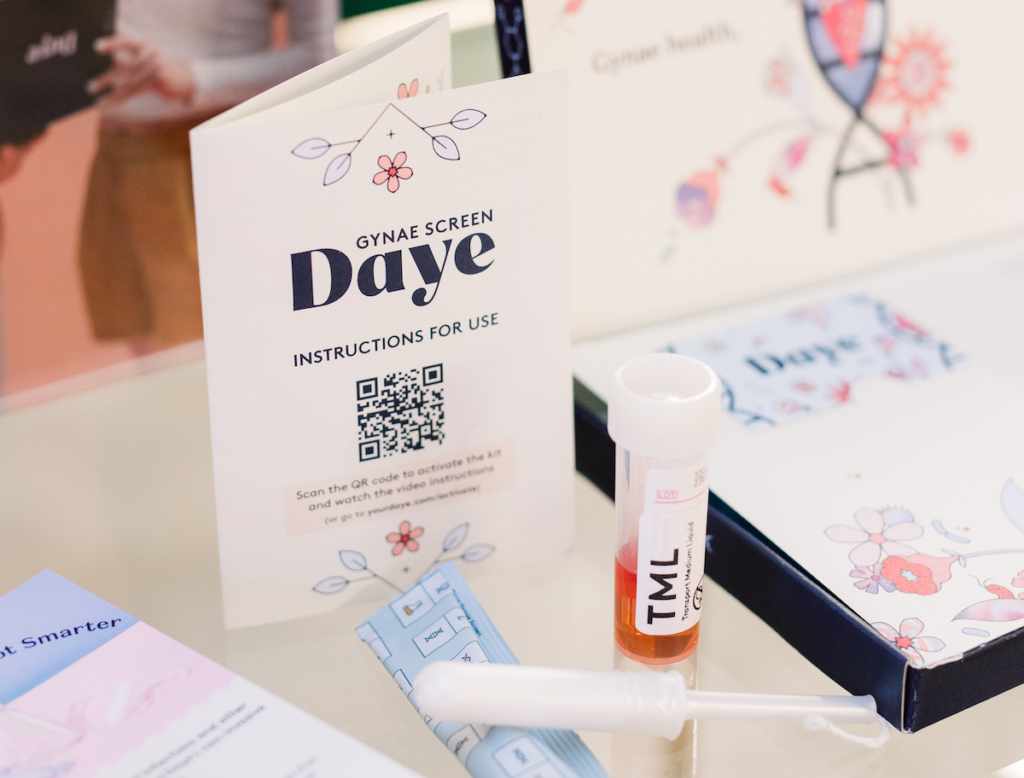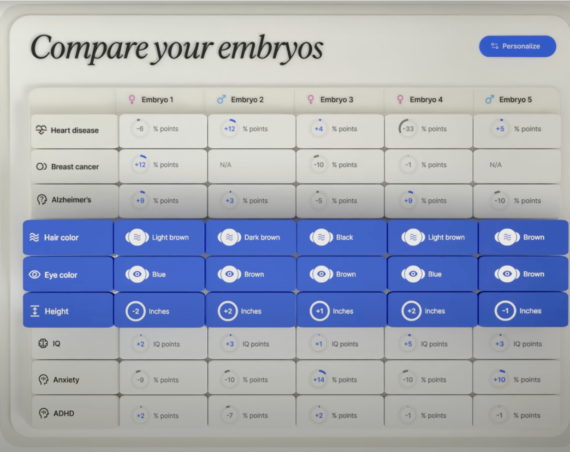
A study published in The Journal of Clinical Microbiology has confirmed that the Diagnostic Tampon developed by women’s health company Daye is as accurate at sampling for HPV as clinician-administered swabs used during traditional smear tests.
The research found that the Diagnostic Tampon delivered valid results 99.2% of the time, compared to 90.8% for clinical swabs, while maintaining comparable sensitivity (82.9%) and specificity (91.6%) rates.
Nearly one-third of eligible individuals in the UK are not screened for cervical cancer within the recommended timeframe, with many avoiding appointments due to pain, discomfort, and embarrassment associated with speculum examinations. Recent research shows 85% of UK women would like a choice between self-sampling and clinician screening, with 69% preferring self-sampling at home.
The Diagnostic Tampon can remain in the vaginal canal longer than swabs and collects more vaginal fluid by covering a larger surface area. It has been clinically validated for comfort across various demographic groups, with 90% of study participants finding it comfortable.
Valentina Milanova, Founder & CEO of Daye, comments: “The promise of the elimination of cervical cancer is no longer a pipedream, but a realistic goal that could be realised in our lifetimes. This cannot happen without a big increase in the uptake of HPV screening.
“That is why it is so important that women and AFAB individuals are given the option for at-home sampling via an accurate and reliable method that works best for them. We’re thrilled with the results of the study that show the Diagnostic Tampon produces valid results that are as accurate as the current clinician-led screening regime. This opens the door to tampons playing a part in preventing deaths from cervical cancer in the years to come.”
Dr. Shazia Malik, a Consultant OBGYN and UK Medical Director at Daye, comments: “Eradicating cervical cancer can only be made a reality via extensive HPV screening alongside the vaccination programme. Yet pain, discomfort, embarrassment and difficulty with appointments still hold women back from attending screening.
“Every measure that makes screening easier, more accessible and less uncomfortable for patients will help the UK reach the ambitious target of eliminating cervical cancer. This research shows the Diagnostic Tampon produces the same level of accuracy as clinical swabs, and will hopefully improve uptake and access for all women whatever their circumstances and wherever they are.”



